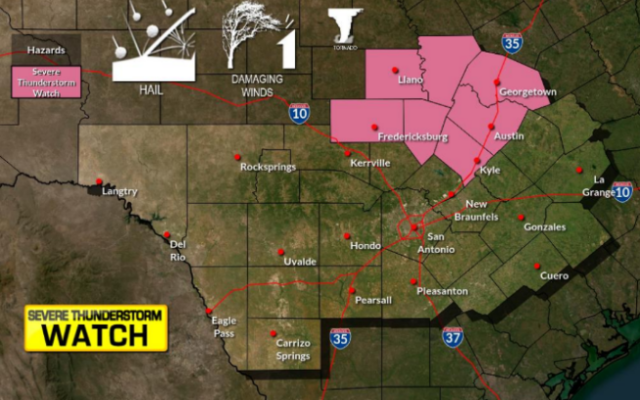Books For Beach, Boat or Backyard

Happy Independence Day 2022, and definitely a history theme running through these latest additions to Jack’s Books.
Next time you fly, and with all the current flight delays, try this: instead of checking your phone for airline updates, instead of staring at your fellow inmates/passengers—bury your face in a good book. It won’t make the airlines run better, but you won’t care as much.
Here’s what’s been going on:
“The Case of the Perjured Parrot” by Erle Stanley Gardner (1939) The Perry Mason of Gardner’s many novels is a lot more brash and active than the sedate Raymond Burr portrayal on the TV series, and that shows to good advantage in this plot: a murdered man in a remote cabin, secret lives, and a parrot/witness. Only because I’d seen the TV episode did I have any idea where this was going.
“Goliath: The 100 Year War Between Monopoly Power and Democracy” by Matt Stoller (2019) What could have been a dry, business history instead leaps to life as a book that will make you rethink how we politically-frame issues, as “conservative” or “liberal”, or what have you. Our nation’s history is largely a story of cycles where we concentrate, then break-up, then concentrate again, corporate power. Though this came out before the 2020-2022 period, it explains what we did to small businesses (and FOR big business) with all the lockdowns and “non-essential” stuff. Very thought-provoking book.
“Without Mercy” by Jack Higgins (2005) My favorite Higgins books are the earliest ones with Liam Devlin and Munro/Carter, but the long run of espionage thrillers with Sean Dillon and company are light, easy reads. I think what I miss is characters having to tough it out and not ride around on luxury jets with fancy technology. Early Higgins is gritty stuff. Here, a major series character is killed-off, leading to a mission that’s part antiterrorism and part revenge.
“The Wrong Side of Goodbye” by Michael Connelly (2016) By now, Harry Bosch is retired from the LAPD, but not from being Harry. As a parttime detective in a smaller department, and with a PI license, he’s on the trail of a missing heir to a major fortune. No one’s better than Bosch at slogging through the decades and dragging secrets out into the light. Meanwhile, he’s helping his new department solve a serial rapist case. Connelly is the best at this kind of novel, and Bosch is his best creation.
“A Question of Proof” by Nicholas Blake (1935) This is the first of many novels Blake wrote centered around the aptly-named Nigel Strangeways character. These novels move between mystery and espionage, but this one is a classic British mystery: an unpopular boy is found dead at his private school and a teacher who falls under suspicion asks his friend Strangeways to unravel it. “Blake” was the pen-name for the poet Cecil Days-Lewis, who feared (initially) that writing mysteries would damage his reputation. Instead, they enhanced his bank account, as this and many to follow became runaway best-sellers.
“High Priest of California” by Charles Willeford (1953) Willeford’s actual life might have made his best novel—he lived all over the country, reinvented himself many times, and served with valor at the Battle of the Bulge. Throughout much of his life, he would go back to his military service. He was on his own from 16, worked as a boxer, radio announcer and rodeo rider. So why make up characters? Maybe it came from often making up his own biography, which he seems to have done often. This was his first crime novella, and like many of his others, it defies the category. His used-car salesman protagonist is James Joyce-reading, classical music-listening hedonist and clothes horse who meets a woman mired in misery and mystery.
“Bunker Hill: A City, A Siege, A Revolution” by Nathaniel Philbrick (2013) I’d like to thank Mr. Philbrick for repairing the damage my school teachers did to the Bunker Hill chapter of US history. For one thing, the battle itself is misnamed (Breeds Hill), but more importantly, it’s best understood as a piece of the early Revolution, when we are going from a New England-only uprising of “provincials” to the transformation, under George Washington, into the idea of a “national” army and an “American Revolution” Philbrick helpfully embeds Bunker/Breeds into the middle of the Boston Tea Party, the skirmishes at Lexington and Concord, and eventually to the British evacuation of Boston.
“The Last 100 Days” by John Toland (1965) One of WW2’s best historians, John Toland struggled to get published for many years, into middle age. This book, along with “Rising Sun” and “Adolf Hitler”, both of which were bestsellers and award winners, represent his best known work. “The Last 100 Days” is an ambitious, fascinating, sometimes hard-to-follow omnibus of events and places during the final days of the European theatre of World War II. If you can handle skipping abruptly from the Yalta conference to secret meetings of Hitler’s cabinet to tank battles along the Rhine, you are rewarded with a wealth of detail and character sketches.
I love hearing about what you’re reading, or if you try any of these books. [email protected]
You Might Also Like



